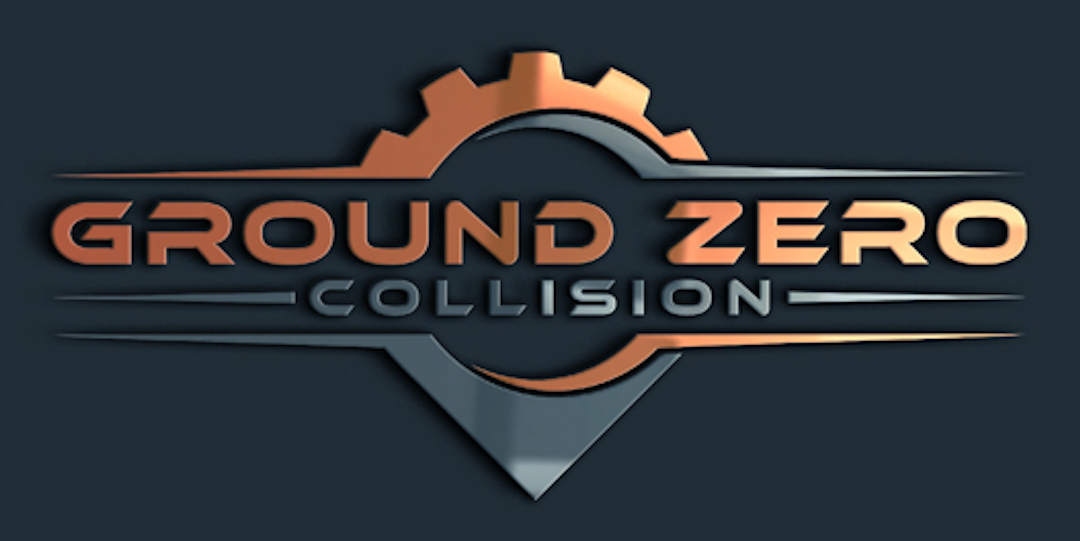Car accidents can make you feel stressed and confused. First, after any injuries, you’ll want to fix your car. Start by getting an estimate from a trusted auto body shop. Make sure they have skilled technicians who know how to assess damage and give a fair quote.
Find a shop with certified workers and clear, detailed estimates. They should also offer written warranties and help if you need a rental car. Price isn’t everything – prioritize quality. Review the estimate thoroughly. Don’t hesitate to ask about anything you don’t understand, like different types of parts.
Picking a well-known collision repair shop and understanding your estimate is crucial. This way, your car will be fixed properly and safely, letting you get back on the road worry-free.
Understanding the Estimation Process
Getting a repair estimate is key in fixing your car after an accident. It usually takes 15 to 30 minutes. The person doing it will look closely at your car to see all the damage. They will write down everything needed, and tell you what the cost will be.
Getting a Quality Estimate
A good shop will explain the estimate with you and answer your questions. Even if your state doesn’t say it must be written, ask for one. This helps you and your insurance know what needs to be done and how much it will cost.
Thinking about the parts used in your repair is also important. Choices like Aftermarket parts, salvage parts, used parts, and OEM (Original Equipment Manufacturer) parts vary in quality and cost. It’s wise to discuss this with the person giving you the estimate.
Understanding how repair estimates work is vital for getting your car back in shape. Working with a trusted shop ensures a clear and fair estimate. This gives you peace of mind as you proceed with the repairs.
Key Components of a Collision Repair Estimate
After a collision, a detailed repair estimate is very important. It should clearly list the needed work, costs, and any extra fees. This helps you know what to expect and make a smart choice about the repairs.
To avoid surprises, the estimate will show the total cost. It will say the cost won’t go higher than a certain amount unless you agree. This makes it clear what you’re paying for and lets you choose wisely about the repairs.
Understanding your repair costs upfront is key. It ensures you get fair, reliable service. This knowledge will help you feel more at ease as your car is fixed.
What to Look for in a Collision Repair Estimate
When you get a collision repair estimate, it’s wise to check it thoroughly. Make sure it breaks down all the repairs needed, such as parts and labor. This helps you know exactly what you’re paying for.
Look closely at the listed parts. They should be of top quality, meaning OEM, and never aftermarket, or salvage. It’s usually best to go with OEM parts because they are made for your specific vehicle.
Check if the repair shop is known for doing great work. Confirm they have the right certifications, offer good warranties, and have happy customers.
Evaluating the Collision Repair Estimate
To properly review a collision repair estimate, go through this checklist:
- Detailed breakdown of parts and labor required
- Quality of parts specified (OEM, aftermarket, or salvage)
- Total cost and guarantee of no additional charges without approval
- Reputation and qualifications of the repair shop
- Warranties and customer satisfaction reviews
Going over these points can help you choose a good repair option. It ensures you’re making a smart choice for your car’s needs.
| Repair Type | Estimated Cost Range |
|---|---|
| Minor scratches | $150 – $2,000 |
| Cracks | $700 – $2,000 |
| Dents | $100 – $3,000 |
| Windshield repair | $100 – $2,000 |
| Seat belt repair | $200 – $3,000 |
| Frame damage | $10,000 – $30,000 |
The Role of Insurance in Collision Repairs
Insurance is key in collision repairs. The driver at fault’s insurance usually pays for the fix. Your own insurance will help and give advice, even if they don’t pay.
When fixing your car, you pick the repair shop. You’re not forced to use your insurer’s choice. Look for a trusted shop that uses OEM parts and does quality work.
The cost of repairs depends on your insurance. This includes the kind of parts used and labor rates. Check your policy well to make sure you understand, including any deductibles.

